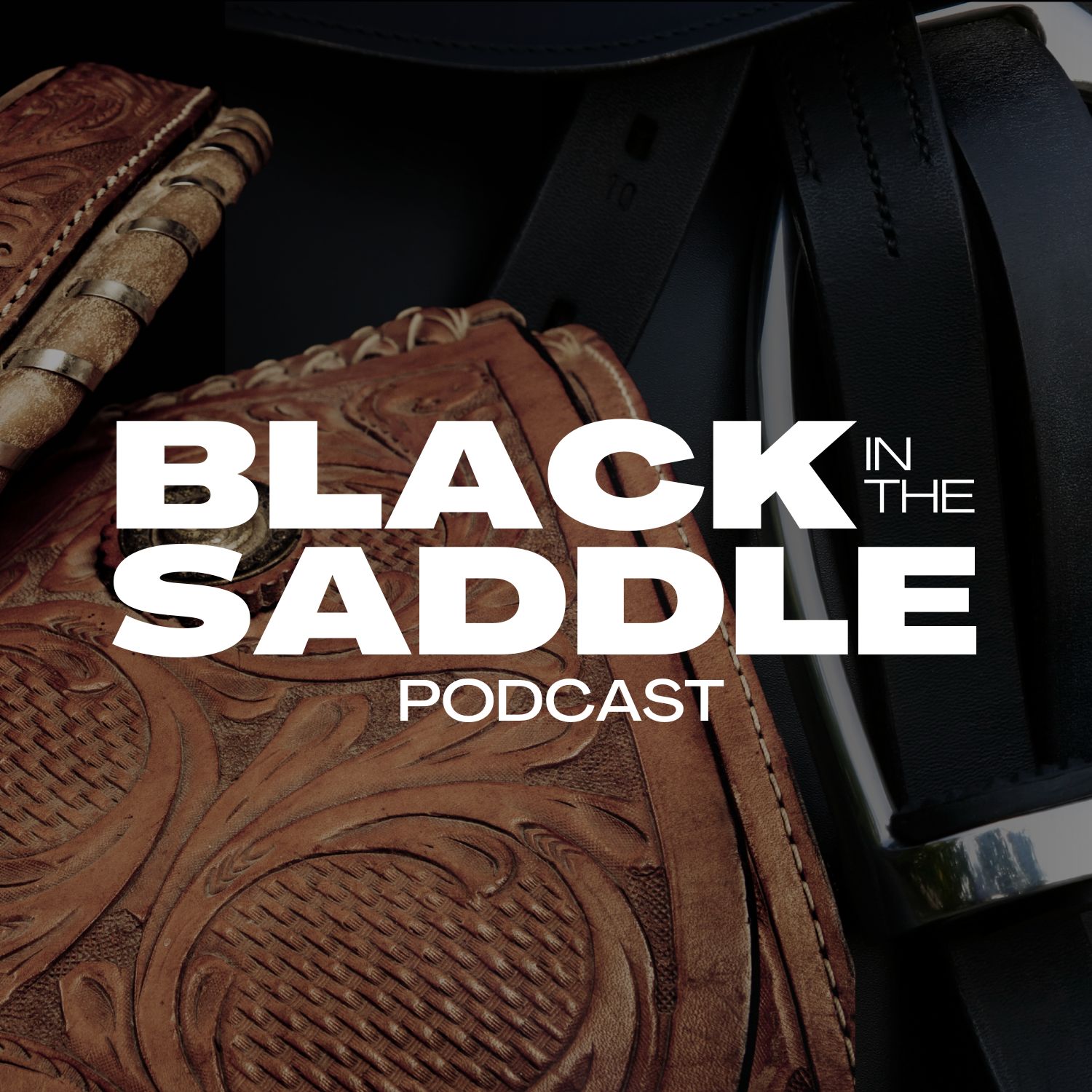Episode 4
Using Agritourism to Sustain Your Horses, Land, and Legacy
In this episode, I’m diving into a topic that’s become deeply personal and professionally exciting for me: agritourism. I’ve been studying this space for over a year now, and through my work on the board of the North Carolina Agritourism Networking Association, I’ve seen just how much untapped potential there is — especially for Black-owned farms and horse facilities.
This episode is for anyone with land, a dream, and a desire to do something different. I talk about how agritourism can be a path to sustainability, community connection, and cultural preservation. And if you think all you have to offer is riding lessons? Let’s expand that vision.
What I’m Sharing:
- What agritourism really is (and why it's more than just tours)
- Why riding isn’t the only way to engage the public
- Real ideas for how horse farms can bring in revenue creatively and consciously
- The behind-the-scenes: zoning, signage, insurance, infrastructure
- Why this model might just keep the next generation interested in our farms
Agritourism Examples I Mention:
North Carolina Agritourism Networking Association - https://nc-ana.org/
Tryon International Equestrian Center - https://www.resort.tryon.com/
Ebony Horsewomen event space - https://ebonyhorsewomen.org/
Green’s Campground Hideaway - https://www.greenscampgroundhideaway.com/
Sankofa Farms’ “Bees in the Trap” - https://www.sankofafarms.com/
What kind of agritourism ideas do you have for your current or future horse farm?
